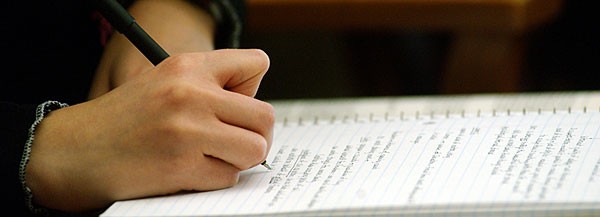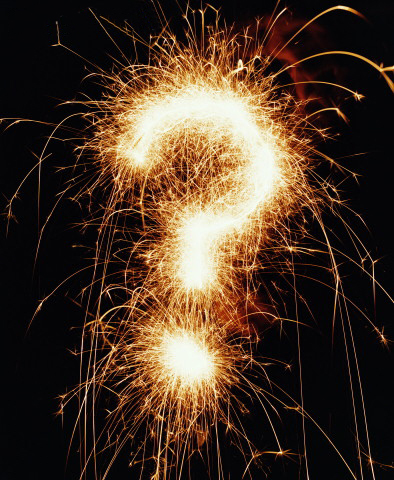
I’ve already blogged about this in Myspace, but I felt like blogging about it here too. Sorry if you’ve already read it.
Something happened in Mexico that profoundly moved me. One afternoon after lunch, my husband and I were walking up the beach when we saw a man and woman dragging a lifeless teenaged boy from the water in the distance. At first I thought he might be dead. He was so young-- I estimated somewhere between fifteen to nineteen years. My heart went to my throat. This was the first time I had ever seen a lifeless body pulled from water. Because he was a child, it was a pretty intense and emotional moment for me.
Since I know first aid and CPR, I ran ahead to see if they needed assistance. My husband ran off to find a life guard. There was only one to cover all three beaches. As I got closer I could see the boy’s lips were still pink, but I asked if he was breathing anyway-- maybe just because I needed to say something and I needed to be sure. The other two brought him up on the sand and confirmed they had seen him inhale and felt an exhale. They worked quickly as they checked for signs of life, and seemed to know what they were doing. Then they rolled him onto his side so he could cough up the sea water that came next.
Next they told me what happened. The boy had appeared intoxicated. They watched him stumble into the water, then roll around in the waves awhile until he passed out. Just as they finished their story, he sputtered, coughed, spit out some more seawater, and came to. Then he stood up and ran into the waves again.
By this time a crowd had gathered, and the first man went after him along with another man from the crowd. The men dragged the boy back to the beach kicking and screaming in Spanish. It wasn’t easy bringing him to shore the second time. The boy stumbled and fell into a heap onto the beach, then kicked at people in the crowd who started to gather around him. He got up onto his knees, and again darted out. Two guys grabbed him a third time, and threw up back onto the beach, yelling at him to STAY! But of course he couldn’t understand because he spoke Spanish. Most of us in the crowd spoke English, though a few Mexicans had also joined us-- beach vendors of wood carvings or blankets, and a guy who operated a paragliding outfit.
The crowd closed in. Once more the boy tried to run at a couple of people, but each time was met by a big man who pushed him back. Eventually he realized he wouldn’t break through the crowd, so he threw himself down in a brown, boney, wet heap-- sniffling and whimpering in Spanish, a look of hopelessness on his face.
At that moment I scanned the crowd. Here were people from all walks of life--Americans and Mexicans, old and young, male and female, Straight and Gay (we were next to the Gay beach), Black and White, deaf (me) and hearing, and probably all different religious affiliations as well--all of us working together to prevent one young man from killing himself that afternoon. We stood there silently, a human cage surrounding him, keeping him safe from himself.
The capacity to care for strangers is what sets us apart from other animals. For those few moments I felt so connected. I have had days I wanted to die. I have grieved the loss of loved ones. I knew the others stood there with me for the very same reasons. We‘ve all had days we wanted to die. We all knew people we couldn‘t bear to lose. In these moments, the boy was our brother, our son, our friend, our lover, he was someone important, though none of us knew him.

Then in a flash the lifeguard came with his cell phone, called the authorities, and started asking questions. Those who knew Spanish began talking. The couple who dragged the boy from the water told their story, and the crowd began to disperse. It was over. My husband and I went on our way. I’ve been thinking about that boy ever since, and all those people who cared enough to stop him from killing himself. I hope he’s OK now.

 Sometimes during our break-- when we're trying to network with each other --one of the techs loves to play a piano. He's pretty good from what I can tell. Keep in mind I used to play, but my ears are baaaaad. I find it annoying, the extra racket, the keys that sound flat or sharp that shouldn't, the shrillness of it, the way it ricochets through my head, the sound endlessly bouncing off all the walls and the floor when I'm wearing hearing aids-- I HATE it when I'm trying to lip read.
Sometimes during our break-- when we're trying to network with each other --one of the techs loves to play a piano. He's pretty good from what I can tell. Keep in mind I used to play, but my ears are baaaaad. I find it annoying, the extra racket, the keys that sound flat or sharp that shouldn't, the shrillness of it, the way it ricochets through my head, the sound endlessly bouncing off all the walls and the floor when I'm wearing hearing aids-- I HATE it when I'm trying to lip read.

















